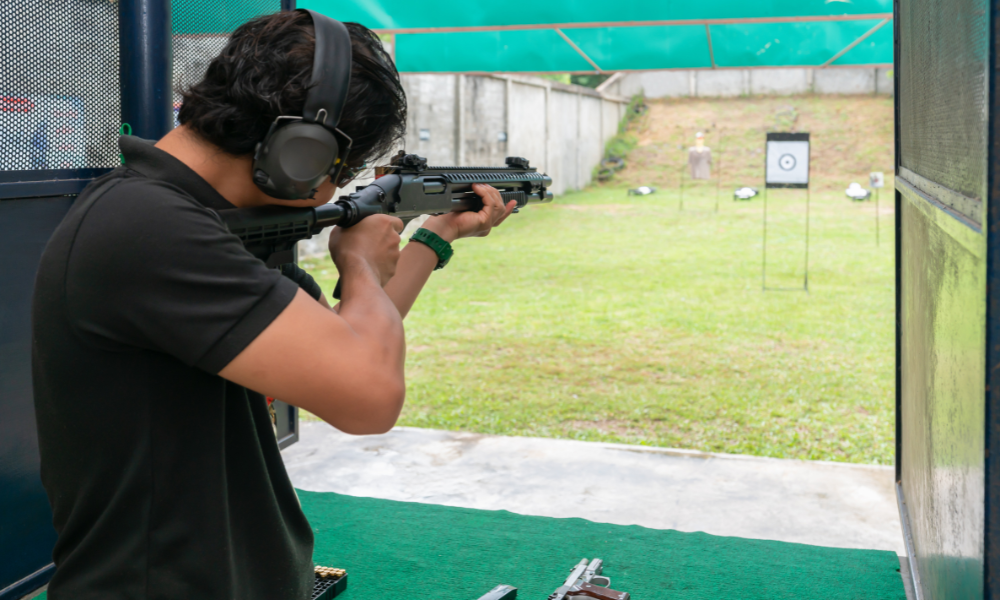The plaintiff continued to work full-time and received promotions despite his injuries
In a recent personal injury case, the BC Supreme Court found the defendant liable for rear-ending the plaintiff's vehicle but dismissed the plaintiff's claims for loss of earning capacity.
In Roa v Lagimodiere, 2024 BCSC 1269, Alex Lagimodiere's vehicle struck Jayant Rao's vehicle, leading to a legal dispute over negligence and damages.
Jayant Rao claimed that Lagimodiere's negligence caused him to suffer ongoing injuries, losses, and expenses. Lagimodiere denied liability but admitted causation for certain injuries if found negligent. He argued that $75,000 was appropriate for non-pecuniary damages and contested Rao’s claims for loss of earning capacity and future care costs.
Latest News
The key issues were whether Lagimodiere's conduct deviated from reasonable care standards, the injuries caused by the accident, and the appropriate quantum for non-pecuniary damages, past and future earning capacity loss, and future care costs.
Rao, born in 1972 in Bangalore, India, worked as an environmental engineer in Canada before the accident. At the time of the accident, he was employed by Western Canada Exp Services Inc. (EXP) in Burnaby.
On the day of the incident, Rao stopped his vehicle at a crosswalk to allow a pedestrian to cross when Lagimodiere's car rear-ended him. Post-accident, Rao experienced neck and arm pain and was taken to Surrey Memorial Hospital.
Rao continued to suffer from chronic pain, headaches, and deconditioning. He underwent various treatments, including massage therapy, acupuncture, and active rehabilitation. Despite some recovery, he still experiences chronic pain and requires ongoing treatment.
The Supreme Court found Lagimodiere failed to maintain a safe distance and drive with due care, violating the Motor Vehicle Act. The court stated that rear-end collisions are prima facie evidence of the rear driver's failure to maintain a safe distance. Lagimodiere did not provide evidence to counter this presumption.
Non-pecuniary damages were awarded based on the nature, severity, and duration of Rao's pain, the impact on his life and work, and the disruption to his leisure activities. Although Rao's pain has persisted for years, it has not prevented him from working full-time. He has, however, curtailed some recreational and household activities due to the pain.
The court found insufficient evidence to support Rao's claims for past and future loss of earning capacity. Despite his injuries, Rao continued to work full-time and received promotions and salary increases. The court noted that chronic soft tissue pain is not expected to worsen significantly over time and that Rao has not demonstrated a real and substantial possibility of early retirement or job loss due to his injuries.
Ultimately, the BC Supreme Court awarded Jayant Rao $75,000 in non-pecuniary damages, $10,000 for future care costs, and $4,562.04 for special damages, holding Alex Lagimodiere liable for the rear-end collision and Rao's injuries.






